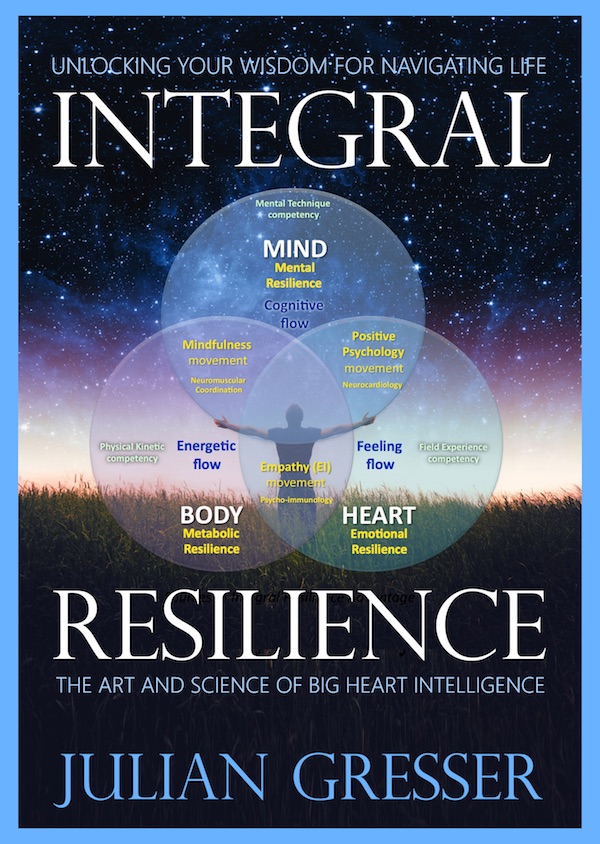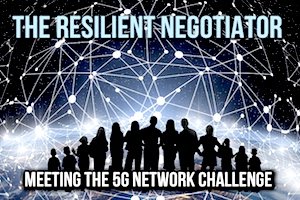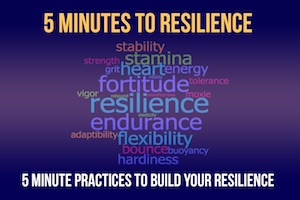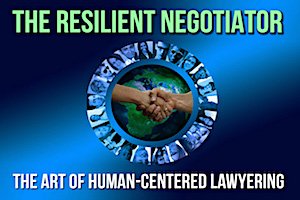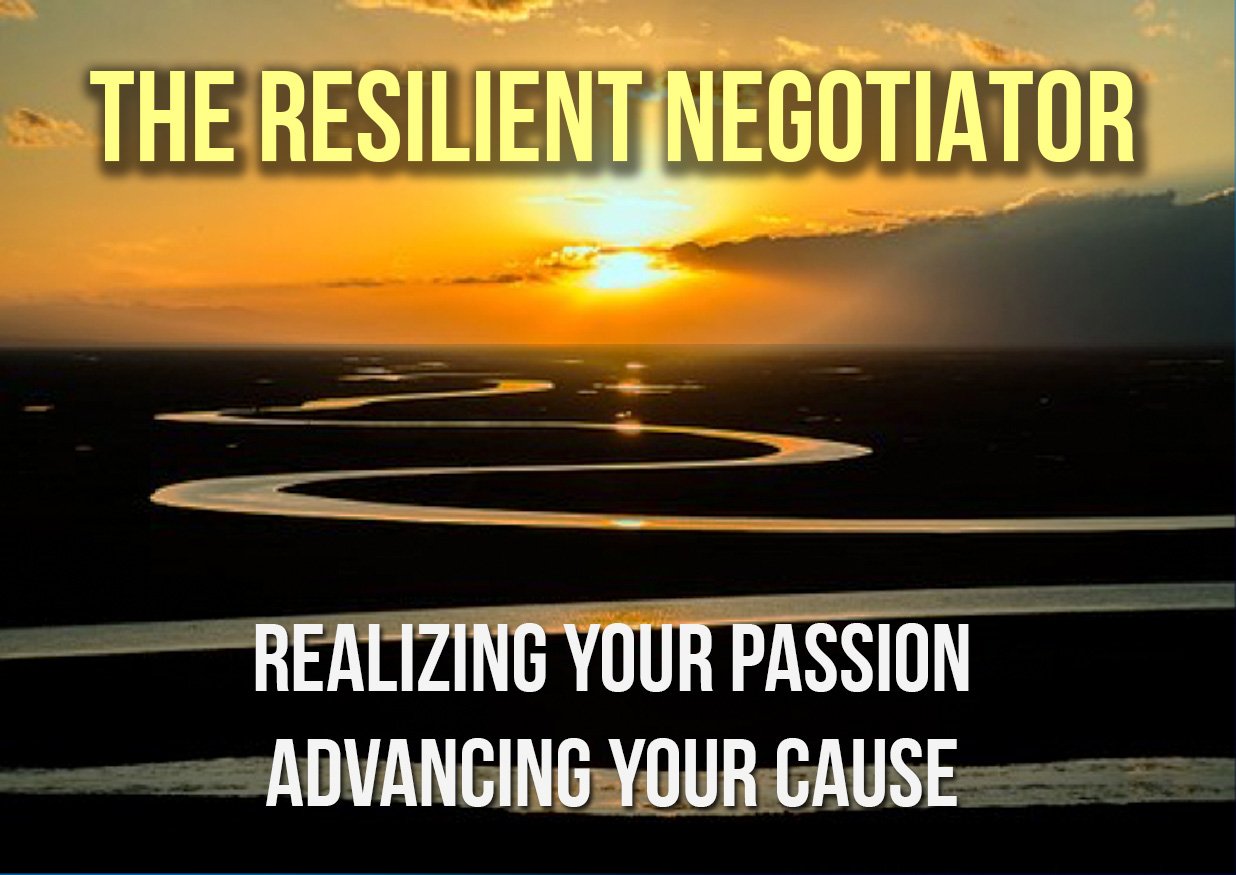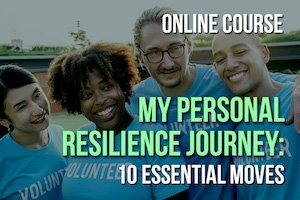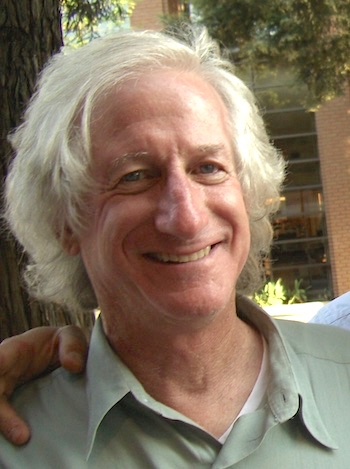
Julian Gresser
Career Highlights as a Professional Negotiator![]()
Julian Gresser is an international attorney, social entrepreneur, professional negotiator, inventor, and recognized expert on Japan. As a negotiator his most dramatic success involved helping a San Francisco-based trading company transform its $8 million after-tax branch into a $1 billion Japanese company in seven years. From 1976-1983 he was twice Visiting Mitsubishi Professor at the Harvard Law School and also taught courses as a Visiting Professor at MIT on the legal issues of strategic industries.
He has been a senior adviser to the U.S. State Department during the Carter Administration (where he established the Japan Industrial Policy Group), The World Bank, The Prime Minister’s Office of Japan, The People’s Republic of China, and the European Commission (where he trained the Commission’s Japanese negotiating teams). He is the author of eight books in English and Japanese, including most recently two online “living” books on Big Heart Intelligence and Integral Resilience.
5G Legal Actions
Julian Gresser is a member of the BALANCE Group team, which has initiated a series of administrative challenges to the FCC’s satellite program. He is also counsel to 5G Free Santa Barbara in developing a unique protective ordinance and set of protocols to empower local communities in the United States. He is currently organizing a 5G International Lawyers Action Network (5G•ILAN).
Precedents and Precursors in Developing “The Resilient Negotiator”
1971 Japan Center for Human Environmental Problems—After the Stockholm Conference for the Environment of 1971 JG conceived the idea of a public interest law center in Japan, linked to environmental action groups around the world. He was invited to Japan by the presidents of Tokyo and Hitotsubashi Universities who supported his negotiations in establishing a Japan Center for Human Environmental Problems which was active for the next ~35 years.
1975–1981 Visiting Professorships at Harvard Law School and MIT. During this period JG taught at Harvard and MIT and wrote his treatise on Environmental Law in Japan (Gresser, Fujikura, Morishima, MIT Press 1981). The course introduced various innovative systems of dealing with risk assessment and administrative compensation which are directly applicable today in addressing the challenges of 5g Installations. The Japanese system of Compensating Victims of Pollution described in Environmental Law in Japan is the direct legal precursor of the Super-Fund legislation in the U.S. which stemmed directly from JG’s course at Harvard Law School.
1976–1977 Palau SuperPort—While teaching environmental law at Harvard Law School, JG was approached by various major environmental organizations to assist in the Palau SuperPort case, which involved a transshipment facility that would have devastated Palau’s fragile coral reef system. JG conceived the idea of bringing a petition before the Japanese Diet, advocating caution and a review of the project. Representing a coalition of environmental organizations, JG duly presented this Petition (in Japanese). Forewarned, he was confronted by the legal argument that foreigners had no Petition Rights in Japan. JG debated this proposition on prime-time television, pointing out that the Diet’s position violated Japan’s own Petition Law and the U.S.-Japan Treaty on Friendship and Commerce. The Japanese government subsequently announced its abandoning of the project. JG was recognized as the “man of the day” by the Asahi News. (the Petition is available in full in Environmental Law in Japan (MIT Press, 1981)
1981 Japan Industrial Policy Group (JIPG). While serving as Richard Holbrooke’s (then U.S. Assistant Secretary of State) adviser on Japan, JG conceived and chaired the Japan Industrial Policy Group in the State Department which engaged representatives from eight Congressional Committees and every major concerned U.S. government agency. Working closely with the presidents of Intel, Texas Instruments, and other major semiconductor companies, the JIPG produced the first collaborative industrial policy for the electronics industry which set a precedent for many other approaches to strategic industries in the U.S. and abroad. The work of the JIPG became the basis for a two-year course at Harvard Law School and MIT and a book, Partners in Prosperity—Strategic Industries for the U.S. and Japan (McGraw Hill 1984). The Report of the JPIG authored by JG was published as “High Technology and Japanese Industrial Policy (House Ways and Means Committee 1981)
1985 Venture Capital in Japan. JG conceived the idea of bringing U.S. venture capital into Japan and assisted one of the major East Coast venture capital companies (Palmer) in building effective strategic alliances in Japan.
1987 European Commission. JG acted as a principal adviser to the European Commission in preparing its negotiating teams to manage their negotiations with the Japanese government. JG also trained over 100 Swedish companies through a program sponsored by IFL, the leading management school in Sweden.
1995 Getz Bros. Japan—JG conceived the idea of taking foreign companies public on the Japanese stock market. His most celebrated case involved the $ 8 million after tax Japanese branch of Getz Bros. a San Francisco based trading company specializing in heart valves and pace makers and other cardiovascular products. In collaboration with his client, Professor James E. Schrager, the team negotiated an ongoing engagement with the leading Japanese venture capital companies and succeed in listing Getz. Bros Japan on the Japanese Over the Counter Market, with a valuation of $ 1.2 billion seven years later. The case was later described in an article in the Wall Street Journal, “Going Public Japanese Style” which was later recognized as one of the top articles in the Manager’s Journal.
2000 Japanese Nuclear Transshipment. Representing the Rainbow Serpent Coalition, JG conceived the idea of bringing an administrative law suit to compel attention in Japan on the environmental risks of nuclear waste transshipment, which caused reconsideration of this policy.
2011—2014 Fukushima. JG prepared a letter in Japanese to the Japanese Prime Minister and Emperor’s Household on how to manage the clean up after the Fukushima nuclear accident and also offering a way to anticipate and plan for future earthquakes. JG’s sources inform him that this activity supported by about ten other articles had a beneficial influence in creating greater public awareness of Japanese government policies. http://www.explorerswheel.com/blog/how-secure-are-spent-fuel-pools-fukushima
2015-2019 Big Heart Intelligence/Integral Resilience. In collaboration with his business partner of many years, JG is actively negotiating the widespread adoption through networks of strategic alliances of these new practices and methodologies that have broad humanitarian applications in science, medicine, technology, business, economics, and law.
Julian Gresser has had the good fortune in his life to befriend and to train intensively and over many years with some of the world’s most remarkable masters and teachers, including Zen grandmaster, Yamada Koun (in Kamakura, Japan), Zen teachers Robert Aiken and John Tarrant, Qigong grandmaster Li Junfeng, qigong pioneer and teacher Kenneth S. Cohen, and Dr. Elmer Green, the father of biofeedback in the West. He pays tribute in his present work to these old friends, some of whom are still alive, and many who have passed on.


